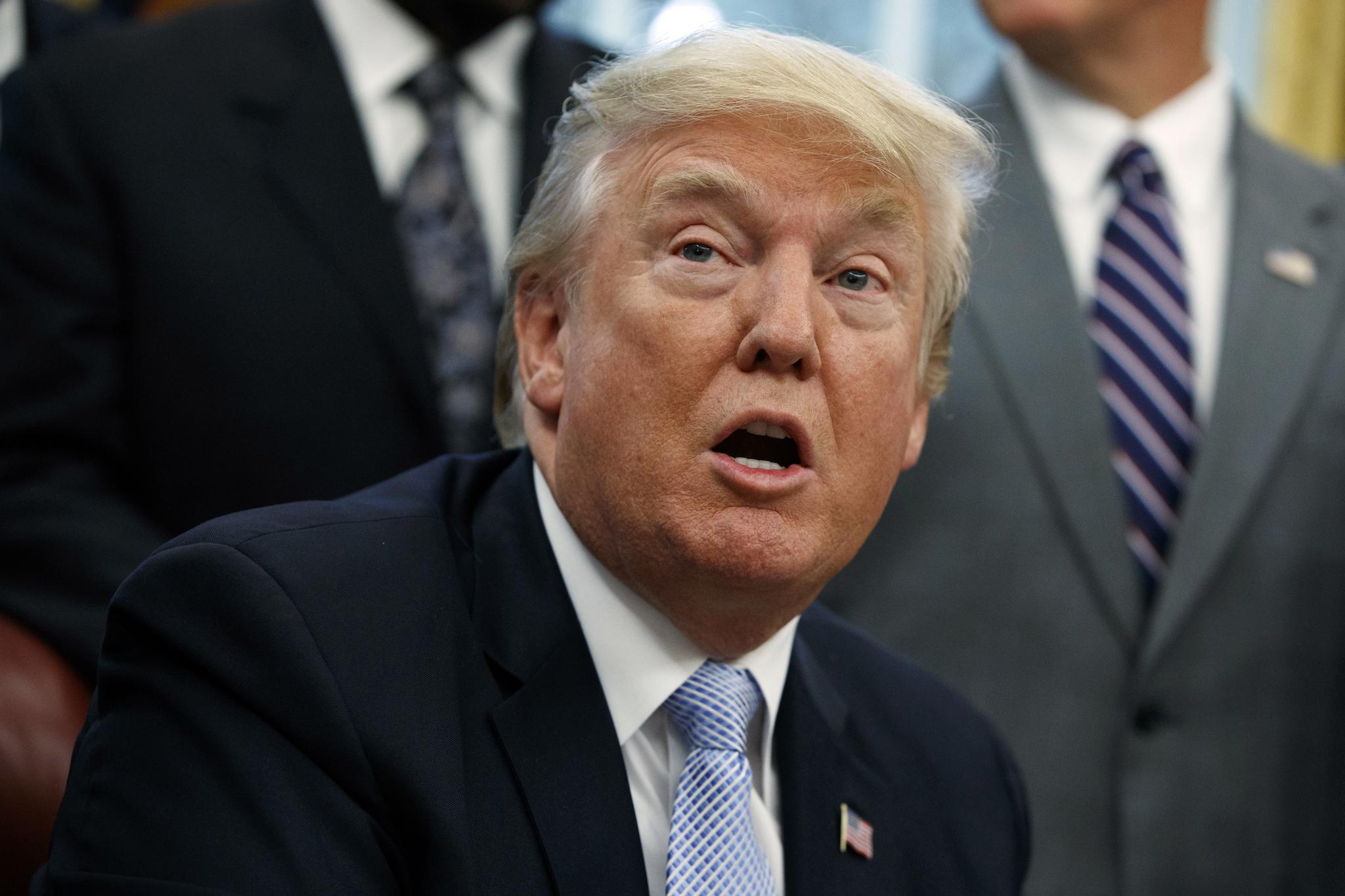Five things to look out for this week in world economics
With Labor Day looming, the question of whether Congress can actually achieve anything is on people’s minds


Your support helps us to tell the story
From reproductive rights to climate change to Big Tech, The Independent is on the ground when the story is developing. Whether it's investigating the financials of Elon Musk's pro-Trump PAC or producing our latest documentary, 'The A Word', which shines a light on the American women fighting for reproductive rights, we know how important it is to parse out the facts from the messaging.
At such a critical moment in US history, we need reporters on the ground. Your donation allows us to keep sending journalists to speak to both sides of the story.
The Independent is trusted by Americans across the entire political spectrum. And unlike many other quality news outlets, we choose not to lock Americans out of our reporting and analysis with paywalls. We believe quality journalism should be available to everyone, paid for by those who can afford it.
Your support makes all the difference.This Monday, Labor Day marks the end of the US holiday season. Congress is back on Tuesday, and the great, glaring, unavoidable question is whether it will be able to achieve anything in the new session following its paralysis in the last one. The US economy has cantered along fine during the summer, with employment still rising, the unemployment rate at 4.4 per cent, and growth for the most recent quarter running at 3 per cent a year. Shares are off a little but still close to their all-time highs.
So the US goes into the fall with a strange tension – economy pretty good, politics all over the place. How will it be resolved? We will not, of course, learn much this week but there are things to look for. Every hint matters.
First, is there any sign of convergence on US tax changes between Republicans in Congress and the Administration? We are not looking here for statements from the Administration or from leading Republicans. Rather we are looking for hints that will give a feeling for the deal. There is a deal to be done, which would give the President the headline tax cuts he wants, coupled with closing down of loopholes, and which would also give Congress more control over overall spending. But when Congress broke up they were nowhere near that.
Instead, the danger looms that there will be a shutdown of government when it reaches the debt limit either this month or next. (In theory the money runs out in September but in the past the government has managed to scramble around, shifting funds between different pots, and keep going a bit longer.)
If Congress refuses to increase the limit, the shutdown means that the government cannot meet its obligations. This happened under both the Clinton and Obama administrations, and the impact on the economy is temporary; on the last occasion in 2011 the S&P 500 share index fell 15 per cent. If share prices wobble this week, that would suggest the smart money thinks there will indeed be a shutdown. It must seem astounding to non-Americans that with the Republicans holding control of both houses of Congress and the presidency that this might happen. But these are unusual times.
The other area of concern, as always, is monetary policy. Nothing is scheduled for this week but the issue on everyone’s mind is not so much the timing of the next increase in rates but rather the future of the chair of the Federal Reserve Board, Janet Yellen. Her term expires at the end of January 2018. The business world would like her to continue in office, for she is a calm and stable force. Do not expect an early announcement but look for clues.
Finally, not so much a question about US interest rates but rather about reversing QE: how quickly will the Fed unwind its stock of Treasury securities? When will it start: this year, next year, sometime, never? This is a key question for foreign holders, who hold more than one-third of the debt. There was an alarming report from Standard & Poor’s last week about the possible knock-on impact of a shutdown, suggesting that an outright default was possible. That would be extreme, but jitters could show through long before any such event. Meanwhile, the policy of the Fed matters greatly.
It may turn out that we get through this week and indeed this month quietly. But the September/October period is often a bumpy one. We have an unusually stroppy Congress and an unusually unpredictable President. Bumps could start soon.
Join our commenting forum
Join thought-provoking conversations, follow other Independent readers and see their replies
0Comments